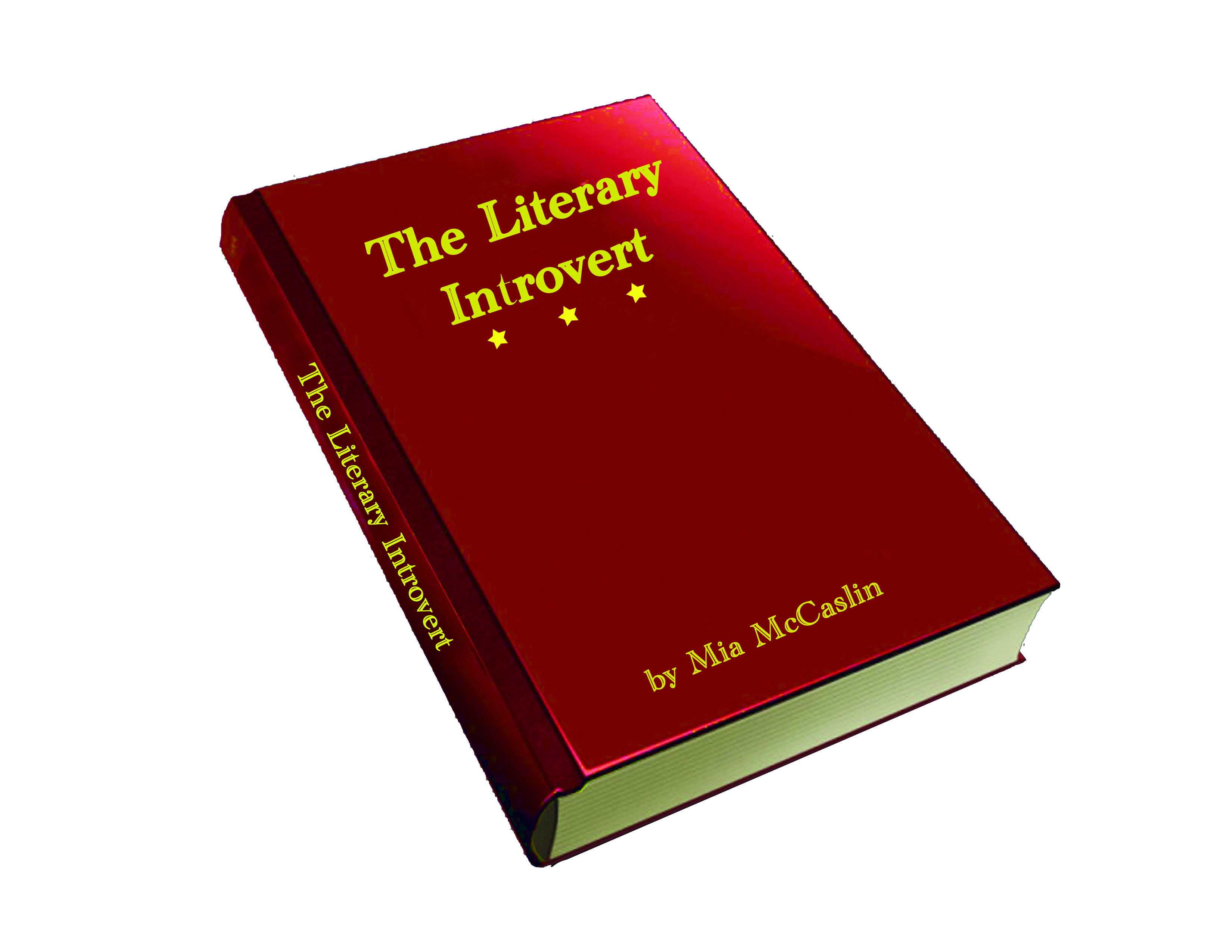The Literary Introvert: Breaking the Fourth Wall in Children’s Lit
“The Tale of Despereaux” has many character building traits pressed between its pages. All of the characters are empathetic, and the story line is touching. Set in a castle, the book revolves around a small mouse with unnaturally human tendencies. Despereaux Tilling is the last of his mother’s children and is “such the disappointment.” He has no inclination towards searching for food or staying hidden as a mouse should. Despereaux wishes only to read story books and listen to the King’s music. The small mouse with large ears falls in love with a human princess, and all aspects of a tragic romance ensue.
“The world is dark, and light is precious.
Come closer, dear reader.
You must trust me.
I am telling you a story.”
That is the first page of “The Tale of Despereaux” by Kate DiCamillo. I forgot how warm this book made me feel. As a child, I remember loving being addressed in whatever novel I was reading. Even now, as a quasi-adult, I impose myself onto the world that I am reading about. I don’t imagine that I am a specific character, merely an invisible bystander. Writers construct strings of words to be read, so I knew that references to the “dear reader” weren’t aimed at me alone, but I was part of the realm of the words. Lemony Snicket’s “A Series of Unfortunate Events” also addressed the reader often, encouraging the eyes that were scanning the pages to look up words they didn’t understand or to feel true empathy.
I understand why books targeted to adults don’t generally reference the reader. It’s bad form in literature to address the reader unless there is a productive and explicit purpose. But there IS purpose in addressing young readers.
Reading is proven to increase vocabulary, but there’s not much use in using words that readers don’t understand if they assume that they should know them. Children are very curious, but they never want to admit defeat. Authors such as Lemony Snicket and Kate DiCamillo encourage their readers to look up words. This is a two-fold advantage for young readers. This practice, of course, strengthens vocabulary, but if an author references looking up a word they used that means that it is perfectly fine to be oblivious to the definition.
As experienced and weathered patrons of literature, once we have reached the second decade in our lives, we expect surprise and mystery in what we read. Simply because a book is non-complex doesn’t make it a children’s tale, and just because a book is intended for children does not mean that it can’t be a good story.
Beginning this reading challenge with a much simpler book was a definite advantage. I just finished reading a mystery/scifi/dystopian novel, and while the story was astounding, it’s good to appreciate the simpler things. Re-reading this book has reminded me that a book doesn’t have to be convoluted and intricate to be absolutely incredible. Immerse yourself in a comfortable world with well traced syllables. You will be amazed how much it puts your stress in perspective.




1 Comment